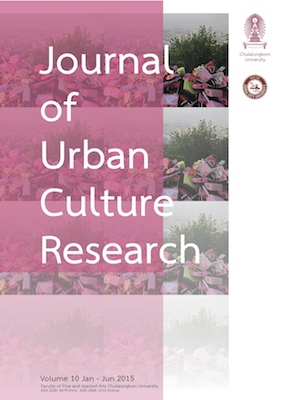Evaluating Problem-based Learning in a Musical Drama Training Program in Cilincing Sub-district, North Jakarta
DOI:
https://doi.org/10.14456/jucr.2015.5Keywords:
Program Evaluation, Training Program, Musical Drama, Problem-based LeaningAbstract
This evaluative research assesses the implementation of a problem-based learning program involving musical drama titled “Senandung Bakti Anak Negeri: Tribute to Ibu Soed” (Chanting of the People’s Devotion: Tribute to Ibu Soed) in Cilincing District, North Jakarta. This research uses the CIPP model in its evaluation which was coined by Daniel L. Stufflebeam, who proposes four components of evaluation: Context, Input, Process, and Product. Data collecting uses interview technique, which includes interviewing the training program organizer, distributing questionnaires to the training participants, observing training program implementation and analyzing documents relevant to the training program. After completing the evaluation, the conclusion is that, comprehensively, this problem-based learning musical drama program receives a good score because it is beneficial for the participants in developing interest in arts, the ability to solve problems, self-actualization, cooperation and self-discipline.Downloads
How to Cite
Widjaja, Melina Surya Dewi. 2015. “Evaluating Problem-based Learning in a Musical Drama Training Program in Cilincing Sub-district, North Jakarta”. Journal of Urban Culture Research 10 (July):64-81. https://doi.org/10.14456/jucr.2015.5.
Issue
Section
Articles
License
Authors authorize the JUCR to publish their materials both in print and online while retaining their full individual copyright. The copyright of JUCR volumes is retained by Chulalongkorn University.
The views and opinions expressed herein are those of the individual author(s) and do not necessarily reflect the policies or opinions of the Journal (JUCR), it editors and staff, Chulalongkorn University, or Osaka Metropolitan University.








